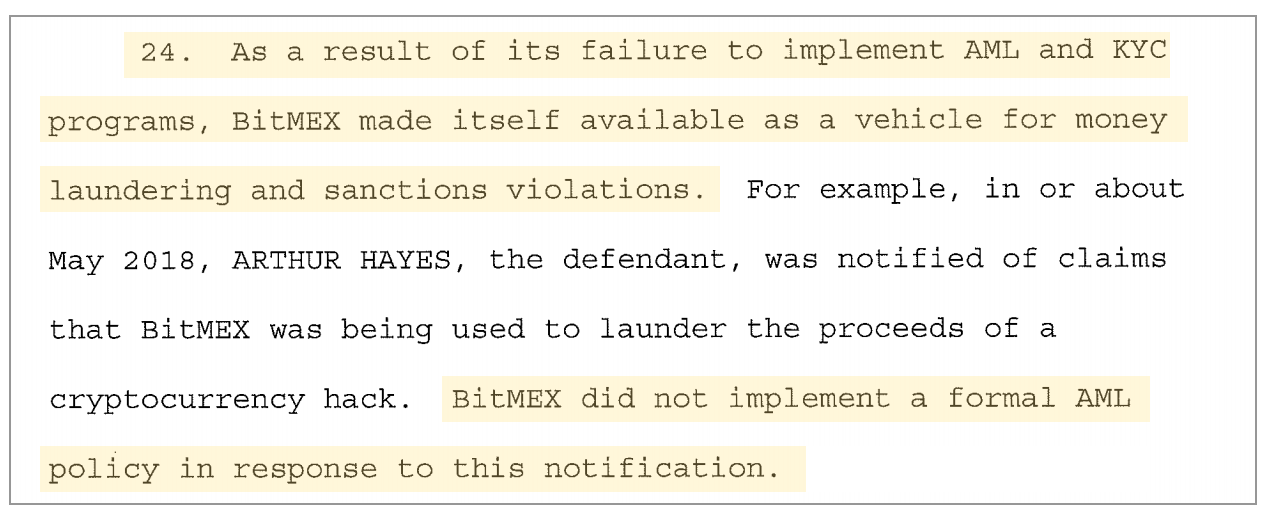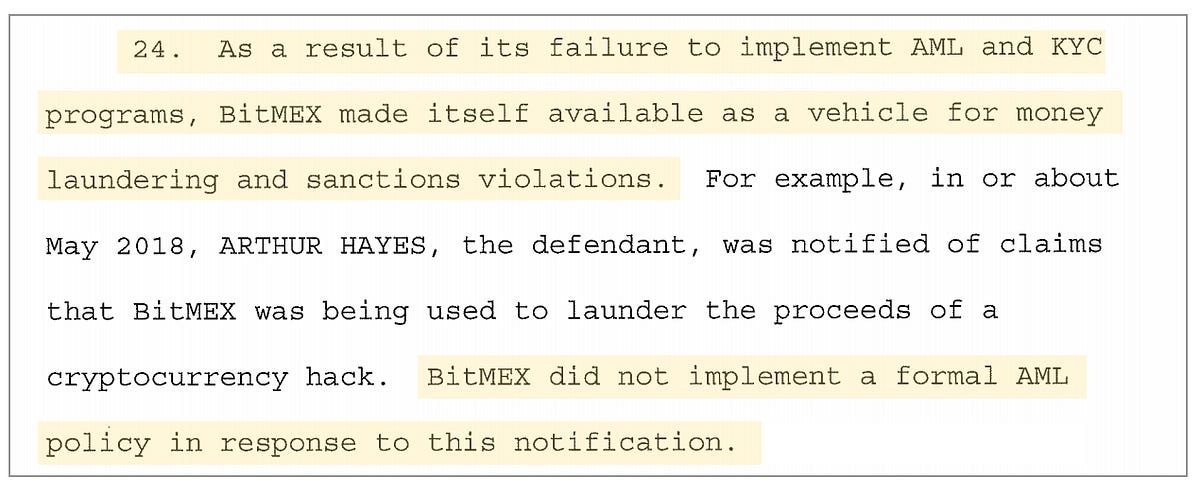Dear Bankless Nation,
On September 28th, Jake Chervinsky, General Counsel to Compound Labs, reminded us that the SEC and CFTC end their fiscal years on September 30th.
This is the last window where performance reports and budget requests are made by these agencies, so Jake hypothesized that some interesting news will be coming, as the SEC and CFTC attempt to beat the buzzer with their work.
There is precedent for this. Last year, the news of the landmark EOS settlement was released on September 30th. September 28th was the 8-year anniversary of the Ross Ulbricht case, which sentenced the operator of the Bitcoin-powered Silk Road Tor-based marketplace to life in prison.
The SEC and CFTC did not disappoint on Jake’s prediction. Four things last week:
- SEC ordered Salt Lending to return the $47M raised from the SALT ICO back to investors, $250,000 civil penalty 😬
- Kik lost its case against the SDNY, trying to defend its $100M 2017 ICO; Kik must develop a plan to return investors funds. 😯
- The CFTC charged BTC derivatives exchange BitMEX with operating an illegal derivatives platform (and allowing US citizens) 😮
- The Southern District of NY charged Founders/Executives of BitMEX with violating the Bank Secrecy Act (SERIOUS CHARGE, Federal Prison??) 😱
Seems apparent that the end of September is when we can expect U.S. regulators to draw the line on how far the world of crypto, digital assets, and permissionless blockchains can push the boundaries.
Once-a-year, the SEC and CFTC claim parts of the crypto world have gone “too far”, and makes strategic moves to remind us that the reach of the United States’ authority knows no bounds. If there is a central location for these agencies to create pressure, it will be done.

(Above) Excerpt from United States District Court USA vs Arthur Hayes et. al Sealed Indictment
The crypto-world is divided on the BitMEX charges
1⃣ Bitcoiners see this as an attack on Bitcoin, another instance of the nation state ensuring the primacy of the Dollar as the fundamental financial tool of the world. BitMEX is famously a Bitcoin-centric asset exchange. No ERC20 tokens, no crypto-dollars or on-ramps—JUST Bitcoin. This was likely a purposeful choice to reduce legal exposure, but it doesn’t seem to have stopped the protectors of the U.S. dollar empire from going after BitMEX, Bitcoiners’ beloved Bitcoin-bank.
2⃣ Others are taking a ‘good riddance’ attitude to BitMEX, as a shady off-shore exchange that almost certainly traded against their customers and extorted their BTC. This perspective is loudly coming out of the DeFi camp, who are using this as a fantastic example of why a DeFi version of BitMEX would be better:
- If truly decentralized, then there’s no one to charge with violations
- Protocols are credible neutrality, and can’t trade against their customers
No longer just going after low hanging fruit
The SEC actions against the Kik and Salt ICOs are also interesting. Notably, neither of these ICOs were claimed to be fraudulent, malicious, or harmful to investors. The only motivation here is the lack of proper securities filings and improper sales. This is something different than the Munchie or Paragon ICOs, which were widely regarded as scams among the crypto community. The precedent is being set by these actions as the SEC is starting to go after fruit further up the tree.
What do these actions mean for DeFi?
The implications of these actions are interesting for DeFi. While we generally assume many DeFi apps to be immune from three-letter-agencies, this belief is yet untested. Uniswap, for example, has employees and a hierarchy of leadership. It has venture capital investors who successfully monetized the Uniswap contracts. There is a place to put pressure if the relevant agencies felt the desire. Since Uniswap is doing more volume than Coinbase, you can bet that Uniswap and DeFi are on the radar.
Also relevant is the KuCoin hack, where a number projects behind ‘DeFi Tokens’ like Ampleforth & Ocean willingly froze funds to prevent the hacker from absconding with them. If these teams are willingly freezing funds, you can bet that the CFTC and SEC can have their way with teams that have this level of control.
📺The intersection of DeFi nation-state regulators is a hairy subject, so we’re bringing Jake Chervinsky onto the State of the Nation tomorrow to help us unpack these issues. Tune in to Bankless YouTube tomorrow or the podcast Wednesday for a deeper dive into these subjects!
I’ll leave it with this: There’s been a huge effort to produce a Bitcoin ETF and enable BTC exposure in the legacy stock market.
This effort has been declined again and again by the SEC. One of the biggest reasons the SEC cites for denying the Bitcoin ETF is because price discovery for BTC was largely discovered on unregulated, off-shore exchanges (and therefore unregulatable).
While BitMEX wasn’t the only exchange in this category, it was certainly the largest.
And now with BitMEX out of the way, is the path to a Bitcoin ETF clear?
We’ll just have to wait and see.
- David
P.S. Coindesk’s Invest: Ethereum happens Oct 14. Vitalik & DeFi leaders talking DeFi and the Ethereum economy. The DeFi Event of the season! Register with “BANKLESS” to get 25$ off.
